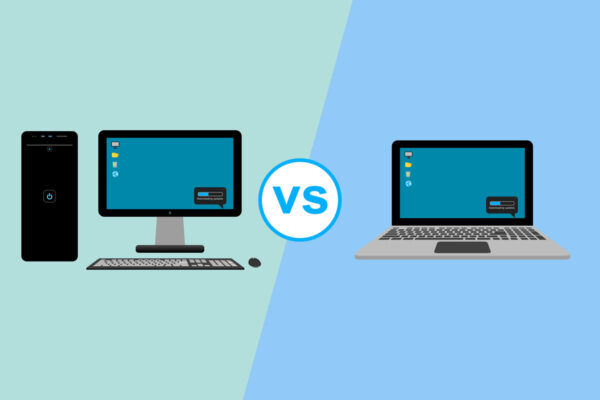Which Is Better: Wired or Wireless?

In this video tip, Mr. Noobie explains the difference between a wired and a wireless connection when it comes to connecting your devices in your home to the Internet, as well as the advantages and disadvantages of using each one.
This tech tip has been brought to you by XFINITY. For more information on how you can get high-speed Internet access in your home, visit https://www.xfinity.com.
If you can not see the embedded video above please use the following link: Which is better: Wired or wireless?
When connecting your devices to the Internet, you usually connect them with a wired connection, using an Ethernet cable, or a wireless, or Wi-Fi connection. But what if you have a choice between both?
Hi, I’m Mr. Noobie and today I’m going to answer the question, which is better, wired or wireless?
Definition of wired and wireless
Let’s start with a quick definition of each one. When you are using a wired connection, sometimes referred to as hard wiring your device, you are physically connecting an Ethernet cable between your device and your Internet router. Wired connections are common with stationary devices like a desktop computer.
A wireless connection on the other hand, relies on radio communication between your device and your wireless router. Wireless connections are common with handheld devices like your tablet or your smartphone.
So which one should you choose? Well, the answer depends on a couple of factors.
Convenience
The most obvious factor is convenience. With modern devices like smartphone and tablets, wireless is your only choice. And with portable devices like your laptop, which have the capability to go wired or wireless, you may find that you prefer the freedom of roaming around your house with your device rather than be tethered down with a wire.
Physical location
Another factor to consider is physical location. Since a wired device requires a physical Ethernet cable connected to your Internet router, your device will need to be physically located close to your router. A common example of this is a home office where the Internet router sits on the same desk as the desktop computer.
On the other hand, if your desktop computer is 100 feet away from your Internet router, you’ll have to rely on in-wall wiring… or a really long Ethernet cable!
Speed
Keep in mind that one of the advantages of a wired connection is speed. While wireless speeds are getting faster and faster every year, they still can’t keep pace with a wired connection.
Reliability
Wired connections are also more reliable because there is a direct one-to-one connection between your device and your Internet router.
With a wireless connection, you may have to deal with wireless traffic from your neighbors who may be operating on the same frequency and channel as you.
Here’s my best advice. When it’s feasible to wire your device to your Internet router, do it. When it’s not feasible, be confident with your wireless connection and enjoy the freedom of surfing the Internet with no wires.
This tech tip has been brought to you by XFINITY. For more information on how you can get high-speed Internet access in your home, visit https://www.xfinity.com.







